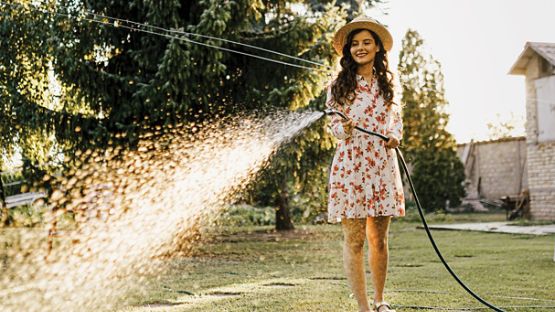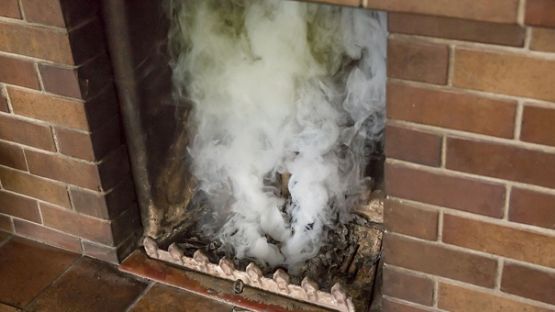Proactive water damage prevention measures are essential for homeowners to help mitigate the risk of costly water damage. Basements can be particularly vulnerable to flooding, whether from sewer issues, surface flooding or severe storm weather.
Regular home inspections can uncover potential issues like cracks in foundation walls or poor drainage, allowing homeowners to address them before they escalate. Additionally, maintaining clean eavestroughs and downspouts, refraining from pouring oils and fats down drains, and keeping storm sewer drains clear of debris can help prevent water buildup around the home.
If you have a sump pump, regular inspections can also help ensure it’s functioning properly and help prevent basement flooding. By being proactive and vigilant in implementing water damage prevention strategies, homeowners can protect their property and minimize the risk of water-related incidents.
In addition to proactive water damage prevention measures, homeowners may also consider purchasing water protection coverage for added peace of mind.
By complementing preventative measures with water protection coverage, homeowners can enhance their overall readiness for potential emergencies.2
What to check for regularly
A yearly home inspection may help you find issues that could lead to a flood such as:
- Cracks in the foundation walls
- Poor drainage
- Overflowing or clogged eavestroughs and downspouts
What to do to help keep your home safe from floods
Depending on where you live, your home may be more prone to flooding. When buying a home, make sure that you are aware of any flooding issues in the area. Here are a few tips to consider that may help prevent basement flooding:
- Get a plumber to inspect your home for potential issues that could lead to flooding.
- Clean your eavestroughs regularly.
- Refrain from pouring oils and fats that can block drains.
- Keep storm sewer drains clear of debris.
- If you have a sump pump, consider having it equipped with battery backup in case of a power outage, and make sure to inspect it regularly to ensure it is working correctly.
Understanding the signs and being proactive about taking care of your home can help you reduce the risk of flooding. More information is available from your insurance broker or from avivawaterprotection.ca.













